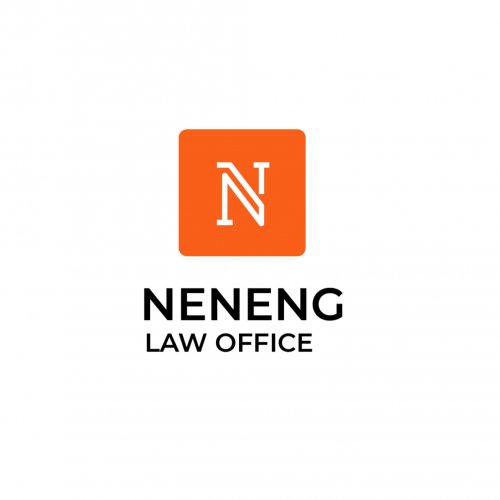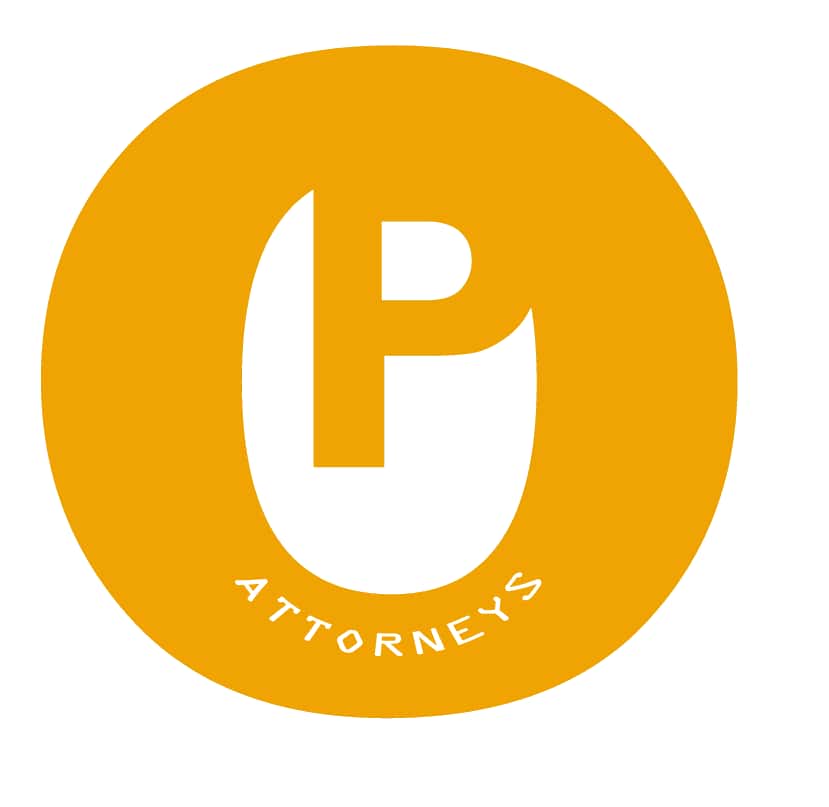Best Wrongful Termination Lawyers in Cameroon
Share your needs with us, get contacted by law firms.
Free. Takes 2 min.
Or refine your search by selecting a city:
List of the best lawyers in Cameroon
Legal guides written by CHI & Partners Law Firm:
- Ship Registration in Cameroon
About Wrongful Termination Law in Cameroon
Wrongful termination in Cameroon refers to the termination or end of an employment contract in a manner that contravenes labor laws and/or contract agreements. These laws may include failure to follow due process, laying off employees based on discrimination or retaliation, or dismissal without a fair hearing or valid reason. In Cameroon, the Labor Code generally defines the rules guiding employment contracts, and it provides legal remedies for employees who have been unjustly dismissed from their jobs.
Why You May Need a Lawyer
Legal expertise is crucial when dealing with issues that pertain to wrongful termination. Firstly, labor laws can be complex, and employees may not fully understand their rights and obligations. A lawyer can help interpret these laws and advise appropriately. Secondly, a lawyer can assist in gathering evidence, substantiating claims, and presenting a strong case in court. Finally, a lawyer can negotiate settlements on behalf of the employee, ensuring the best possible compensation is achieved. Consequently, hiring a lawyer becomes necessary when you're faced with situations such as wrongful termination, disputed compensation matters, or disagreements over terms of employment contract.
Local Laws Overview
The major law governing employment in Cameroon is the Labor Code of 1992. This law outlines the rights and obligations of both the employer and the employees. In relation to wrongful termination, it particularly emphasizes the need for employers to respect procedural fairness when dismissing an employee. Also, it prohibits termination based on certain grounds such as gender, race, religion, political opinion, or union activities. Employers are also required to provide notice or compensation in lieu of notice, except for gross misconduct. Importantly, any employee who believes that their termination was unjust has the right to appeal to the labor court.
Frequently Asked Questions
1. What is considered wrongful termination in Cameroon?
Wrongful termination is any dismissal from employment that contravenes the provisions of local labor laws or the mutually agreed terms in an employment contract.
2. Can I sue my employer for wrongful termination?
Yes, you can sue your employer for wrongful termination. You will typically need to prove that your dismissal was contrary to either statutory protections or contractual terms.
3. What compensations can I get for wrongful termination?
This varies with individual cases. However, generally, you may be entitled to compensation equivalent to the notice period, arrears of salary, damages, or even reinstatement at your workplace.
4. What evidence do I need for a wrongful termination lawsuit?
Evidence could include various documents such as employment contract, official correspondence, or proof of discrimination. Circumstantial evidence, witness statements, or comparative evidence could also be used.
5. How long do I have to file a lawsuit after termination?
The timeline will depend on the specific circumstances of each case. Engaging a lawyer immediately after termination is advisable.
6. Can I be fired without reason in Cameroon?
Except for instances of gross misconduct, employers are typically required to provide a justifiable reason for dismissal and follow due process.
7. Can I be fired for being ill?
No, you cannot be fired because of illness. The law protects employees from dismissal based on health issues.
8. Am I entitled to severance pay if I am fired?
Yes. Unless your dismissal is a result of serious misconduct, your employer must pay severance benefits as defined by the Labor Code or your employment contract.
9. What is the role of the labor court in a wrongful termination lawsuit?
The labour court hears and settles disputes between employees and employers, including cases of wrongful termination.
10. Can I be fired while pregnant or on maternity leave?
No, it is illegal for employers to dismiss female employees because of pregnancy or during maternity leave.
Additional Resources
The Ministry of Labor and Social Security in Cameroon is a crucial resource for issues regarding employment matters, including wrongful termination. Professional bodies like the Cameroon Bar Association also offer legal assistance on labor issues.
Next Steps
If you believe you have been wrongfully terminated, it is advisable to seek legal council immediately. Collect all relevant documents and evidence related to your job termination, noting any encounters or conversations that could be relevant. Make contact with a lawyer who specializes in labor issues, and follow their guidance throughout the process.
Lawzana helps you find the best lawyers and law firms in Cameroon through a curated and pre-screened list of qualified legal professionals. Our platform offers rankings and detailed profiles of attorneys and law firms, allowing you to compare based on practice areas, including Wrongful Termination, experience, and client feedback.
Each profile includes a description of the firm's areas of practice, client reviews, team members and partners, year of establishment, spoken languages, office locations, contact information, social media presence, and any published articles or resources. Most firms on our platform speak English and are experienced in both local and international legal matters.
Get a quote from top-rated law firms in Cameroon — quickly, securely, and without unnecessary hassle.
Disclaimer:
The information provided on this page is for general informational purposes only and does not constitute legal advice. While we strive to ensure the accuracy and relevance of the content, legal information may change over time, and interpretations of the law can vary. You should always consult with a qualified legal professional for advice specific to your situation.
We disclaim all liability for actions taken or not taken based on the content of this page. If you believe any information is incorrect or outdated, please contact us, and we will review and update it where appropriate.
Browse wrongful termination law firms by city in Cameroon
Refine your search by selecting a city.













